New year, new Illinois laws: What’s in store for 2026
- Details

SPRINGFIELD — As 2025 comes to a close, the Illinois Senate Democratic Caucus is looking ahead to measures taking effect Jan. 1.
In the new year, more than 250 new laws in Illinois will go into effect — from one that bans discriminatory AI in the workplace to another that enhances missing persons investigations. These include:
- Senate Bill 8: Increases gun storage safety requirements and reporting requirements for lost and stolen firearms.
- Senate Bill 24: Prohibits law enforcement agencies from observing a waiting period before accepting a missing persons report. It requires information from a missing persons report to be entered into the agencies’ data systems upon receipt of the report.
- Senate Bill 212: Requires employers to provide paid break time to nursing mothers so they may express or “pump” breast milk for their child.
- Senate Bill 314: Requires a physical fitness center to clearly disclose any change in the cost of or reduction in benefits to a customer’s gym membership at least 60 days before the automatic renewal of the membership.
- Senate Bill 710: Allows the Department of Natural Resources to issue two free deer permits to individuals who qualify for the youth-only deer season. Allows IDNR to issue nuisance permits to landowners whose property is being damaged by deer.
- Senate Bill 1274: Allows a sexual assault services voucher provided by a hospital to be used for a taxi or rideshare service to transport a survivor home, to a shelter or to the transfer hospital.
- Senate Bill 1548: Establishes a Golden Search Awareness Program to raise awareness of missing persons with developmental disabilities.
- House Bill 2517: Expands implicit bias training for health care workers in Illinois to include training in potential maternal health risk factors associated with increased mortality rate.
- House Bill 3247: Codifies a child’s right to receive a public education and to participate in public school events and activities regardless of the child’s immigration status or the immigration status of their parents or guardians.
- House Bill 3773: Makes it illegal for employers to use AI that discriminates against workers based on protected characteristics or uses ZIP codes as a stand-in for those traits in areas like hiring, promotion, job training and more.
A full list of laws that take effect Jan. 1, 2026 can be found here.
New Castro law to support craft distilleries, make cocktails-to-go permanent
- Details
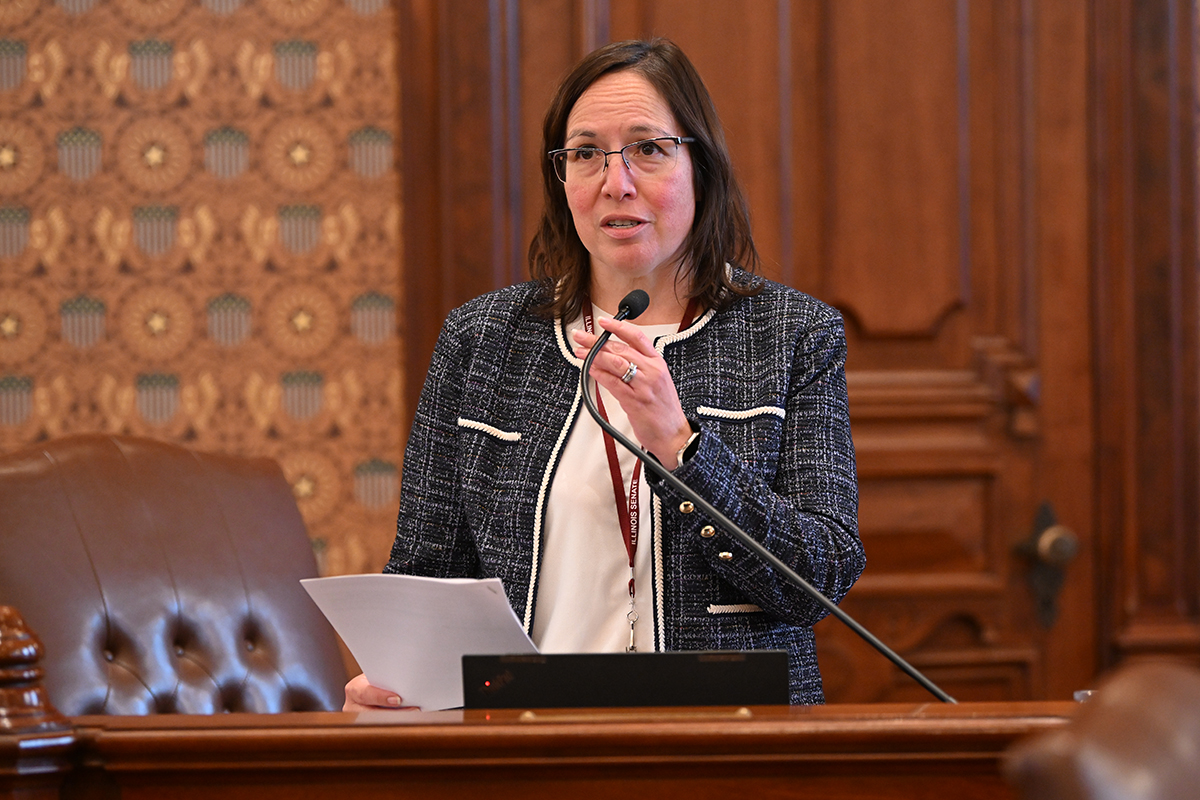
SPRINGFIELD — A new law led by State Senator Cristina Castro will make a temporary “cocktails to-go” state law permanent and create new rules to allow more small Illinois distilleries to self-distribute spirits.
“Supporting restaurants and bars is also supporting small distilleries and local producers across the state,” said Castro (D-Elgin). “We want to make sure local businesses have the easiest path possible to operate, succeed and create jobs in our communities.”
Senate Bill 618 creates a class 3 craft distiller’s license, which allows distilleries to manufacture up to 100,000 gallons of spirits annually. These licensees can then apply for the ability to self-distribute up to 2,500 gallons annually.
Read more: New Castro law to support craft distilleries, make cocktails-to-go permanent
New Cervantes law expands protections for immigrant workers
- Details
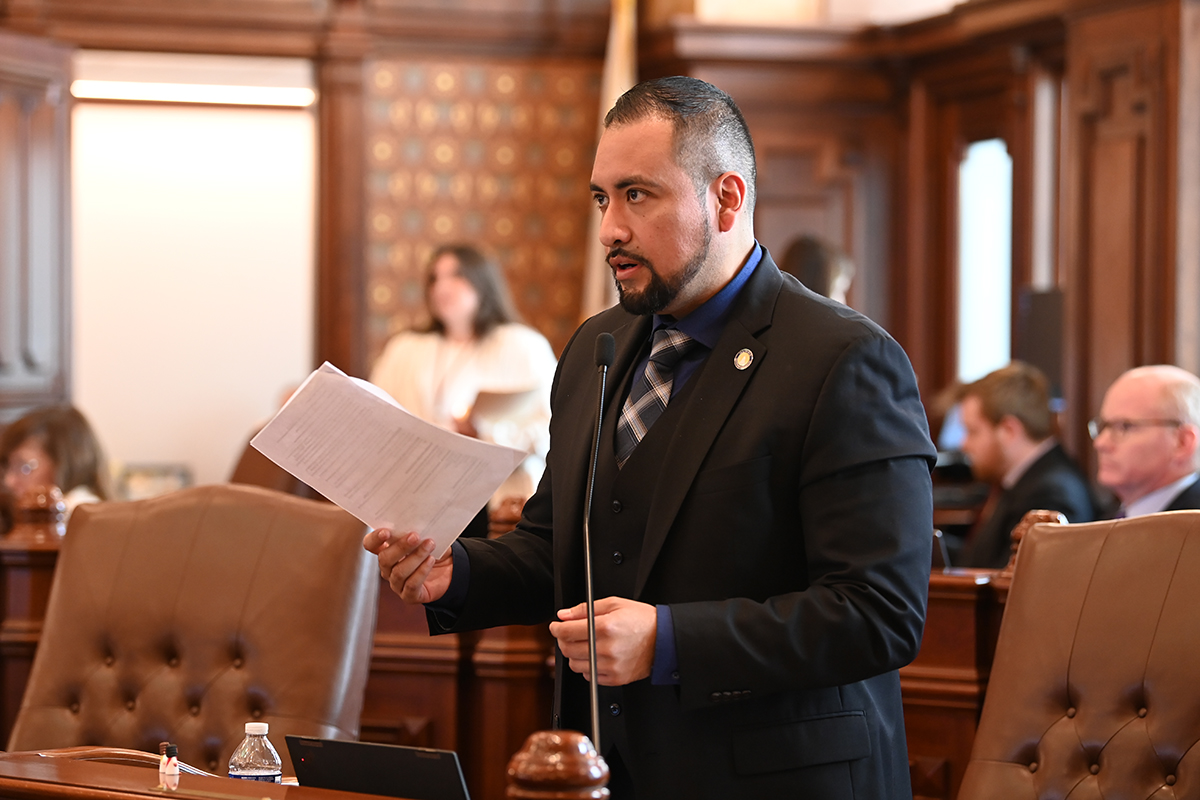
SPRINGFIELD – To protect employees from unfair retaliation from their workplace, State Senator Javier Loera Cervantes led new legislation to shield immigrant workers from surveillance and discrimination based on their perceived immigration status.
“With the increase in ICE raids and anti-immigrant sentiment at an all-time high, our immigrant workers do not feel safe in the workplace,” said Cervantes (D-Chicago). “This law will help ease their minds by establishing protections against discrimination, regardless of their status.”
Read more: New Cervantes law expands protections for immigrant workers
Ventura leads charge to expand Illinois broadband access
- Details
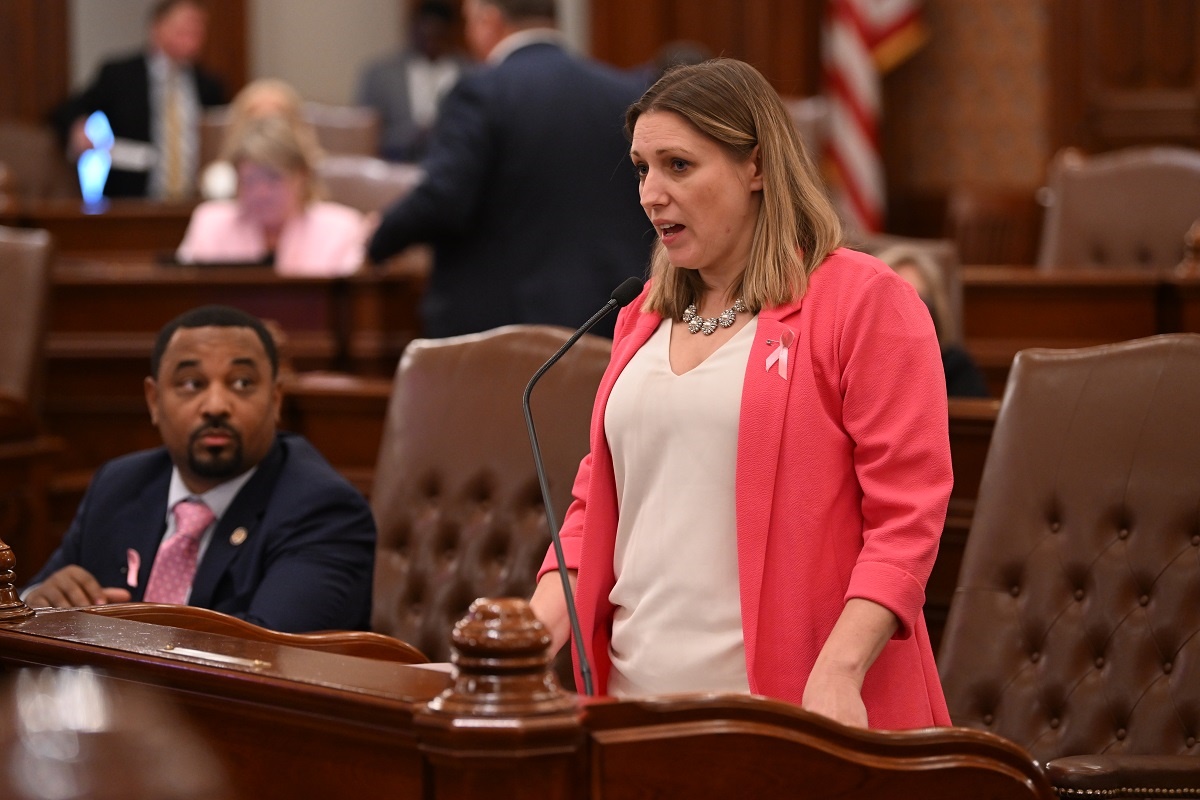 SPRINGFIELD – Despite repeated promises from the federal government, high-speed internet access remains a distant goal for many communities — especially in rural Illinois, where service is often spotty, unreliable or altogether unavailable. In response to federal inaction and recent funding withdrawals, State Senator Rachel Ventura championed on a new law that will provide a strategic state-level response to a growing digital divide.
SPRINGFIELD – Despite repeated promises from the federal government, high-speed internet access remains a distant goal for many communities — especially in rural Illinois, where service is often spotty, unreliable or altogether unavailable. In response to federal inaction and recent funding withdrawals, State Senator Rachel Ventura championed on a new law that will provide a strategic state-level response to a growing digital divide.
“Access to broadband has become critical for many aspects of daily life, especially in education. This law prioritizes anchor institutions to quickly improve our state’s broadband network in the most cost-effective way possible,” said Ventura (D-Joliet). “By utilizing existing and nearby infrastructure, vulnerable communities can increase access to high-speed internet, allowing them better integration into statewide networks and resources.”
The Illinois Century Network (ICN) delivers wholesale internet services to public entities across the state — including schools, libraries and higher education institutions. However, without sufficient federal investment, the burden of expanding reliable broadband increasingly falls to the state.
Read more: Ventura leads charge to expand Illinois broadband access
More Articles …
Page 4 of 735


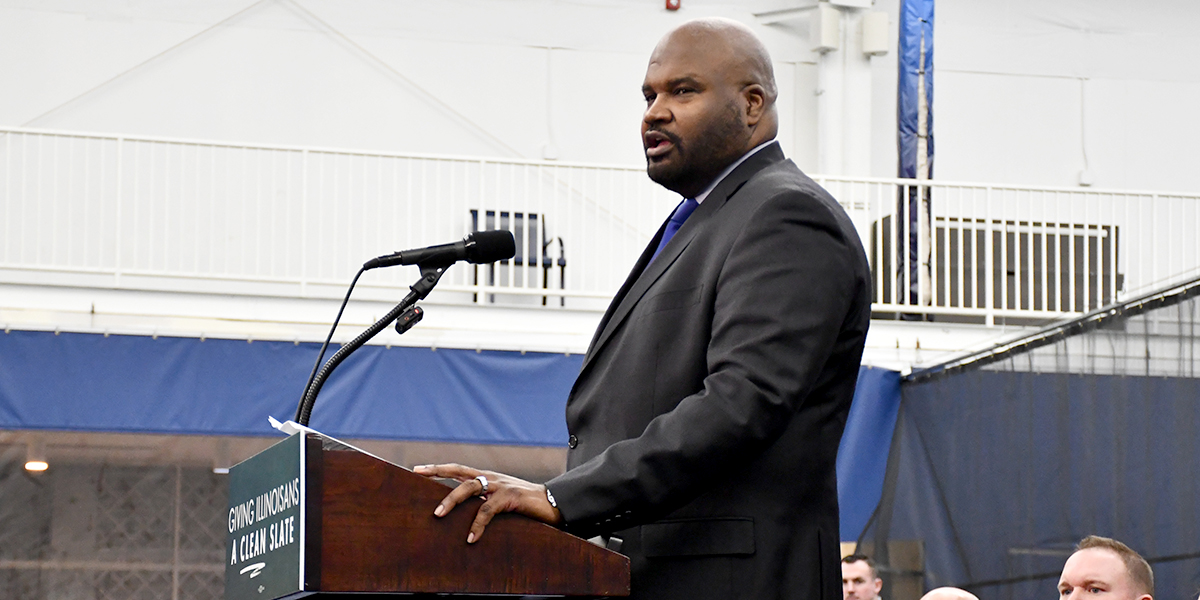
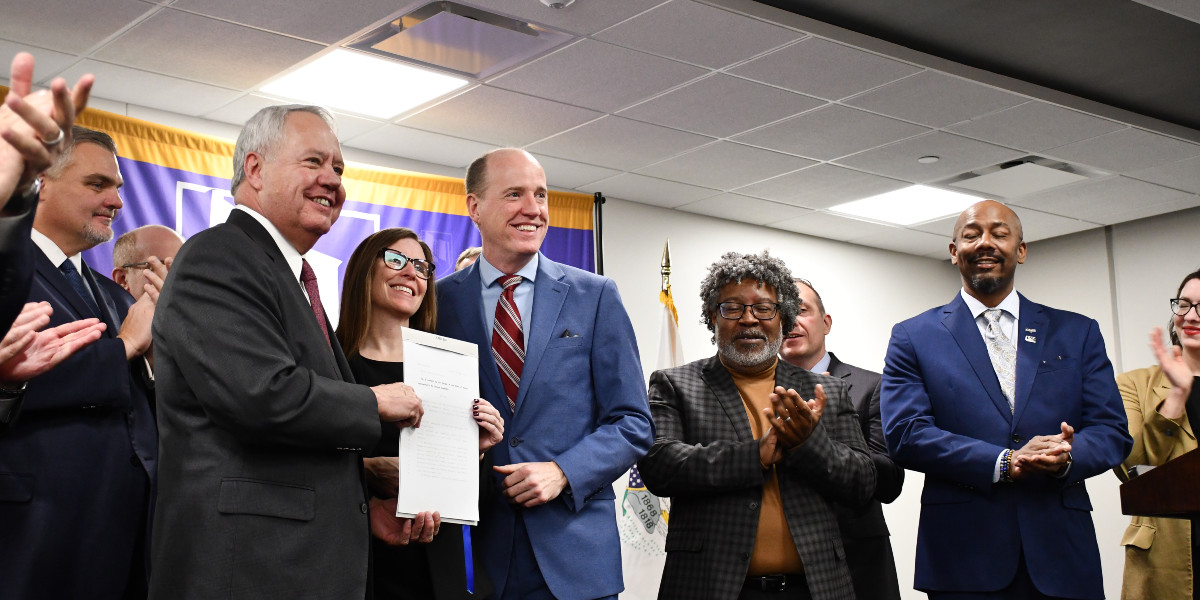
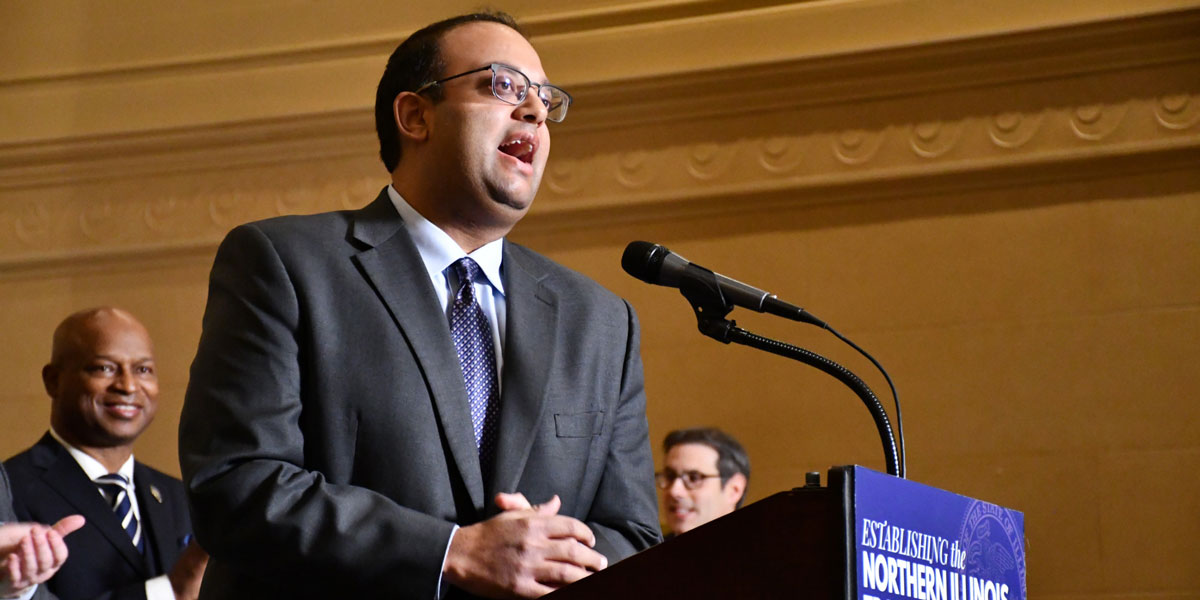
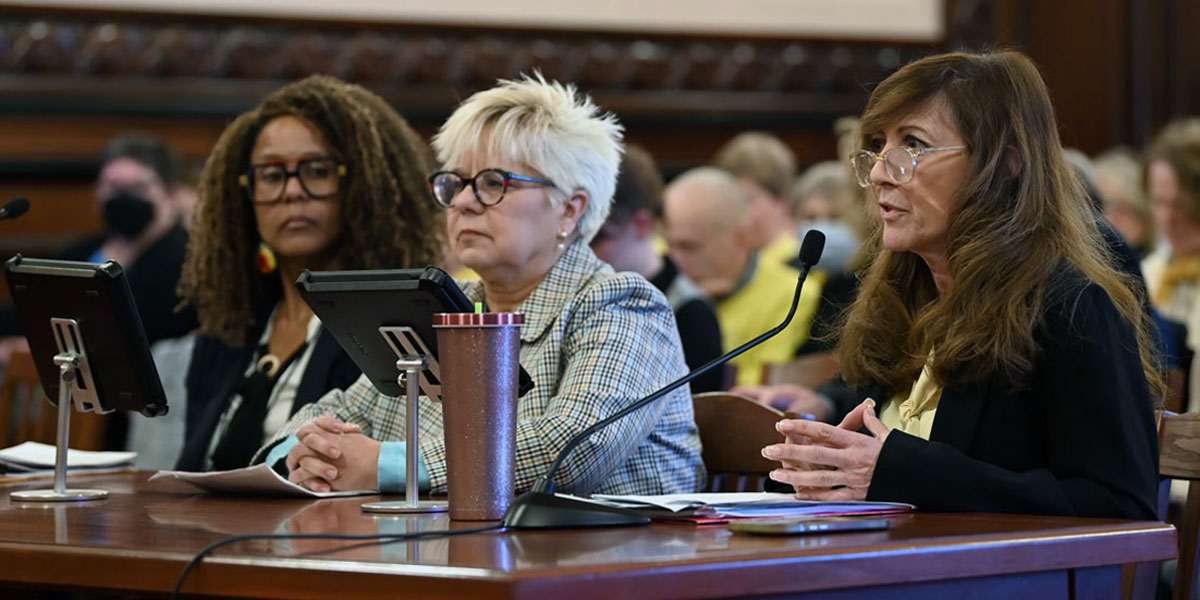


















 © 2026 Illinois Senate Democratic Caucus
© 2026 Illinois Senate Democratic Caucus